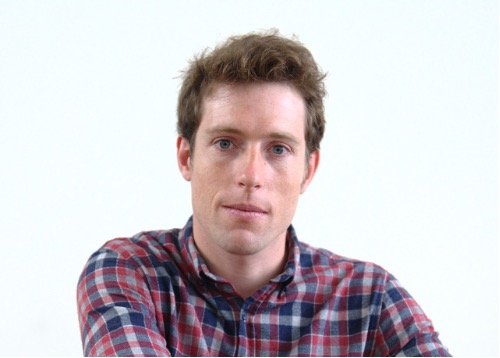TALK [MERL Seminar Series 2023] Dr. Michael Muehlebach presents talk titled Learning and Dynamical Systems
Date released: April 11, 2023
-
TALK [MERL Seminar Series 2023] Dr. Michael Muehlebach presents talk titled Learning and Dynamical Systems (Learn more about the MERL Seminar Series.)
Date & Time:
Tuesday, April 11, 2023; 11:00 AM
-
Abstract:
The talk will be divided into two parts. The first part of the talk introduces a class of first-order methods for constrained optimization that are based on an analogy to non-smooth dynamical systems. The key underlying idea is to express constraints in terms of velocities instead of positions, which has the algorithmic consequence that optimizations over feasible sets at each iteration are replaced with optimizations over local, sparse convex approximations. This results is a simplified suite of algorithms and an expanded range of possible applications in machine learning. In the second part of my talk, I will present a robot learning algorithm for trajectory tracking. The method incorporates prior knowledge about the system dynamics and by optimizing over feedforward actions, the risk of instability during deployment is mitigated. The algorithm will be evaluated on a ping-pong playing robot that is actuated by soft pneumatic muscles.
-
Speaker:
Michael Muehlebach
Max Planck Institute for Intelligent Systems Michael Muehlebach studied mechanical engineering at ETH Zurich and specialized in robotics, systems, and control during his Master's degree. He received the B.Sc. and the M.Sc. in 2010 and 2013, respectively, before joining the Institute for Dynamic Systems and Control for his Ph.D. He graduated under the supervision of Prof. R. D'Andrea in 2018 and joined the group of Prof. Michael I. Jordan at the University of California, Berkeley as a postdoctoral researcher. In 2021 he started as an independent group leader at the Max Planck Institute for Intelligent Systems in Tuebingen, where he leads the group "learning and dynamical systems".
Michael Muehlebach studied mechanical engineering at ETH Zurich and specialized in robotics, systems, and control during his Master's degree. He received the B.Sc. and the M.Sc. in 2010 and 2013, respectively, before joining the Institute for Dynamic Systems and Control for his Ph.D. He graduated under the supervision of Prof. R. D'Andrea in 2018 and joined the group of Prof. Michael I. Jordan at the University of California, Berkeley as a postdoctoral researcher. In 2021 he started as an independent group leader at the Max Planck Institute for Intelligent Systems in Tuebingen, where he leads the group "learning and dynamical systems".
He is interested in a variety of subjects, including machine learning, dynamical systems, and optimization. During his Ph.D. he developed approximations to the constrained linear quadratic regulator problem, a central problem in control theory, and applied these to model predictive control. He also designed control and estimation algorithms for balancing robots and flying machines. His more recent work straddles the boundary between machine learning and optimization, and includes the analysis of momentum-based and constrained optimization algorithms from a dynamical systems point of view. -
Research Areas:
Control, Dynamical Systems, Machine Learning, Optimization, Robotics